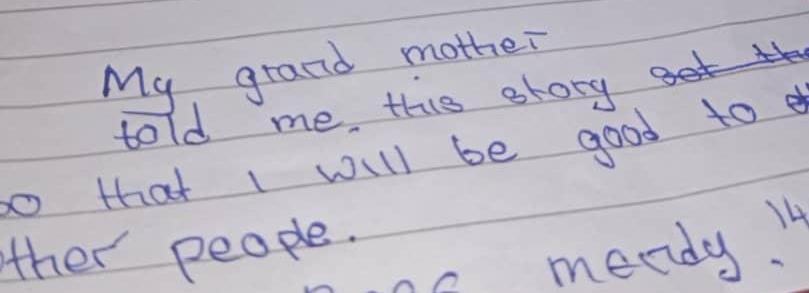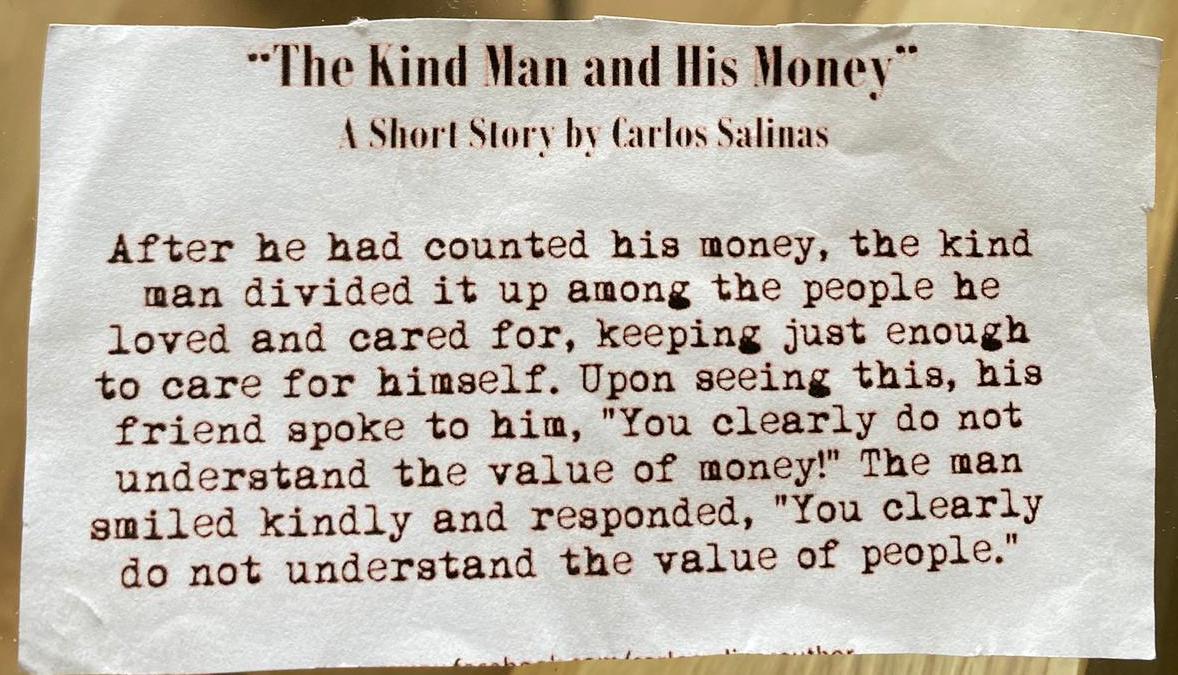The importance of having books with local stories, in your own language
It is our passion at The Steve Sinnott Foundation to share stories.
We listen and learn from them. We amplify peoples voices through storytelling. It feels right and important at this time, especially for young peoples’ voices to be heard.
On World Book day our CEO, Ann, looks at the importance of storytelling and having books that speak your language from a cultural and linguistic point of view.

Ann: I confess I am a bookworm. As a young girl I always had my head in a book, it is way of escaping and creating dreams. I loved reading stories to my daughter and then my grandchildren.
Most of all they loved hearing stories about real life, about our relatives. If I told my stories about when I was a little girl, they would always ask me to repeat them, and my grandchildren loved hearing stories about their mum. It makes connections and gives you a sense of belonging to your family. I wish I knew more about my family’s stories but I left it a little too late to gather them. It feels so important to me that we share our stories and learn from each other.
The other thing I love doing with children and adults is making up stories. It is a lovely adventure as you never know where you will go or end up.
I have had many conversations with educators across the world and the same themes keep coming up. I thought I would share why we believe sharing stories and writing them down is so important.

The importance of books with local stories
- Local stories raise the socio-cultural awareness of the readers
- They promote the values of love, unity and social cohesion
- They enhance the preservation of the socio-cultural history of the local people
- They aid readers to relate the stories with their local realities
- Readers easily understand the setting, themes and plot development of the stories
- Local stories teach moral lessons to readers within their own cultural context
- Local stories promote an understanding of the people and their perspectives on a variety of issues
- Local stories educate and entertain readers by celebrating their own culture
- Stories encourage listening and learning about one another, to develop understanding and empathy
We are proud to be supporting teachers in The Gambia to write and publish their own story books which will be shared in schools later this year.
The importance of books in your own language
We are excited to have a copy of Goute Sel, the Haitian Creole workbook which the Alpha Creole literacy project is using in Limonad, Haiti. Many adults had to learn to read and write in French, which is not their mother tongue. It is extremely important for people to learn to read and write in their own language. Haitian Creole is the most widely spoken language in Haiti. This teaching resource it gives everyone who learns to read and write in Haitian Creole a sense of themselves, and a sense of their place in the world.
You can support our mother tongue literacy projects here.
Do something a little different this World Book Day
So this World Book day I encourage you to buy a mother tongue book and spread a little joy and adventure in the world.




